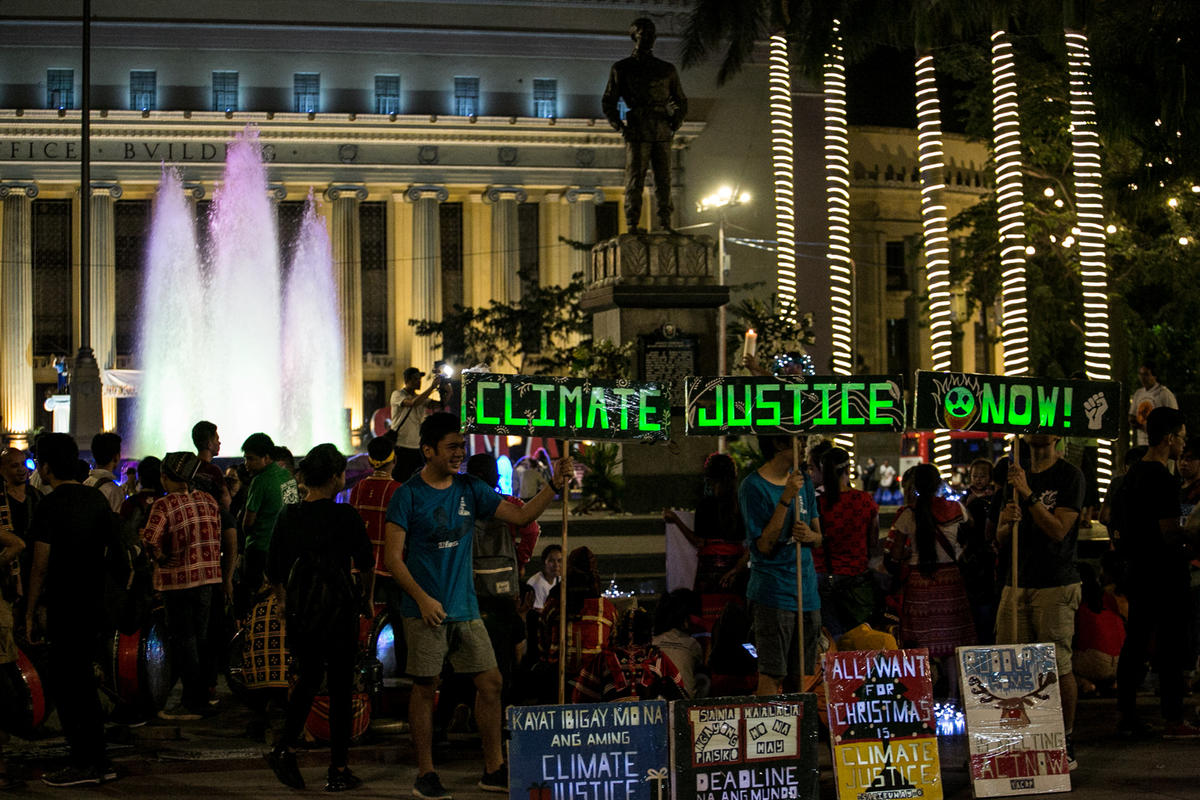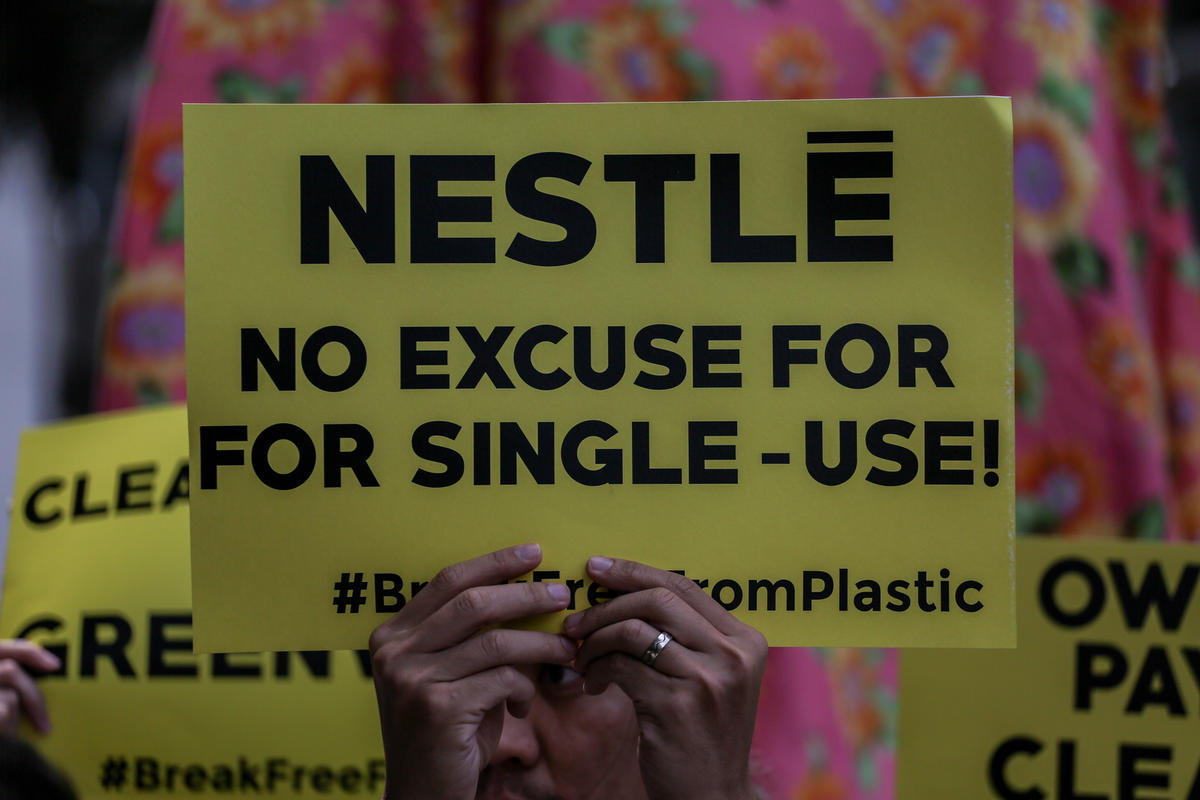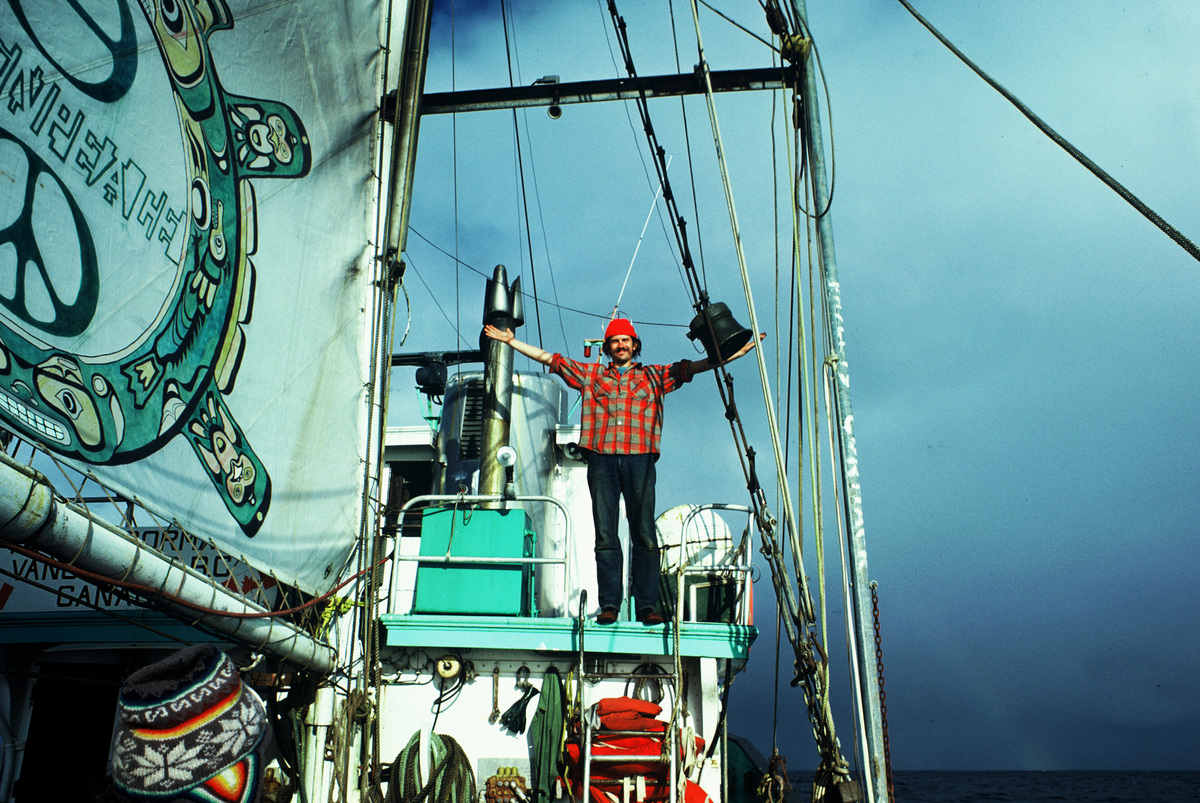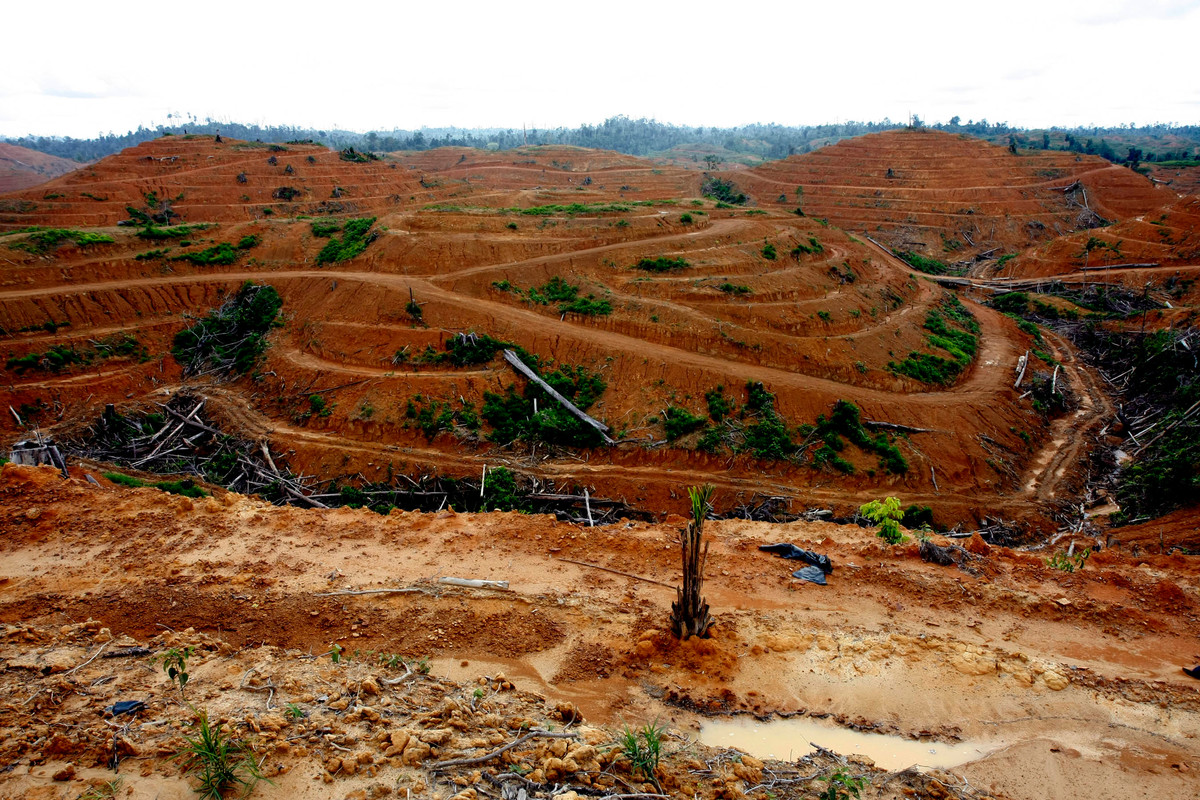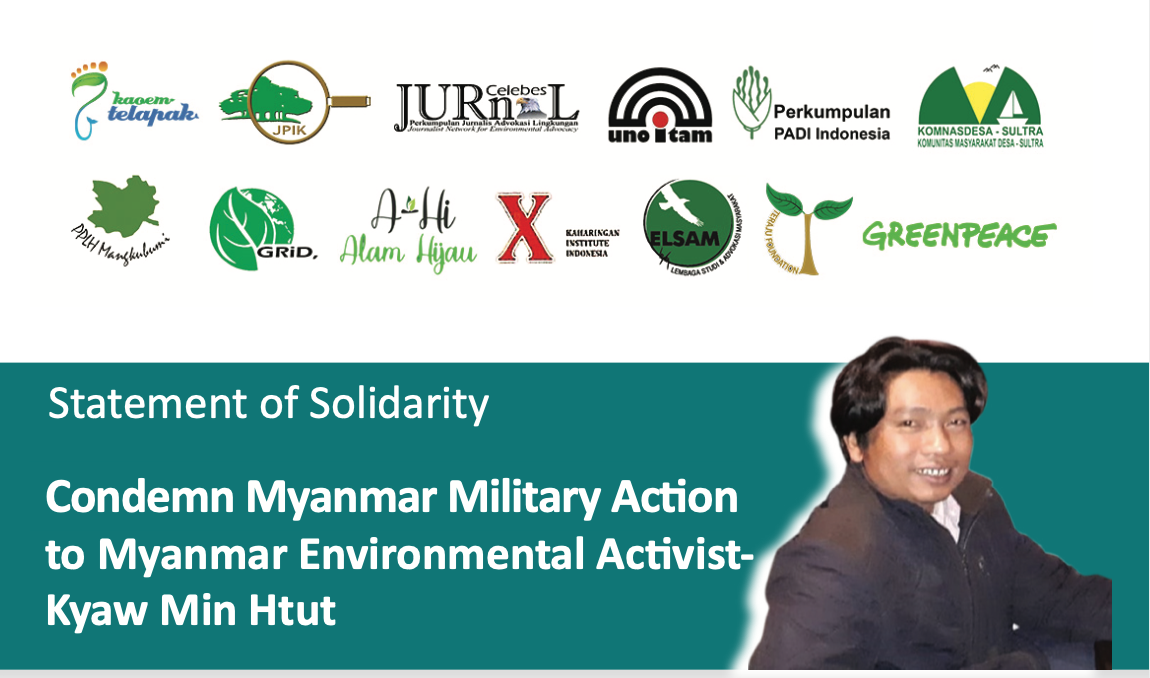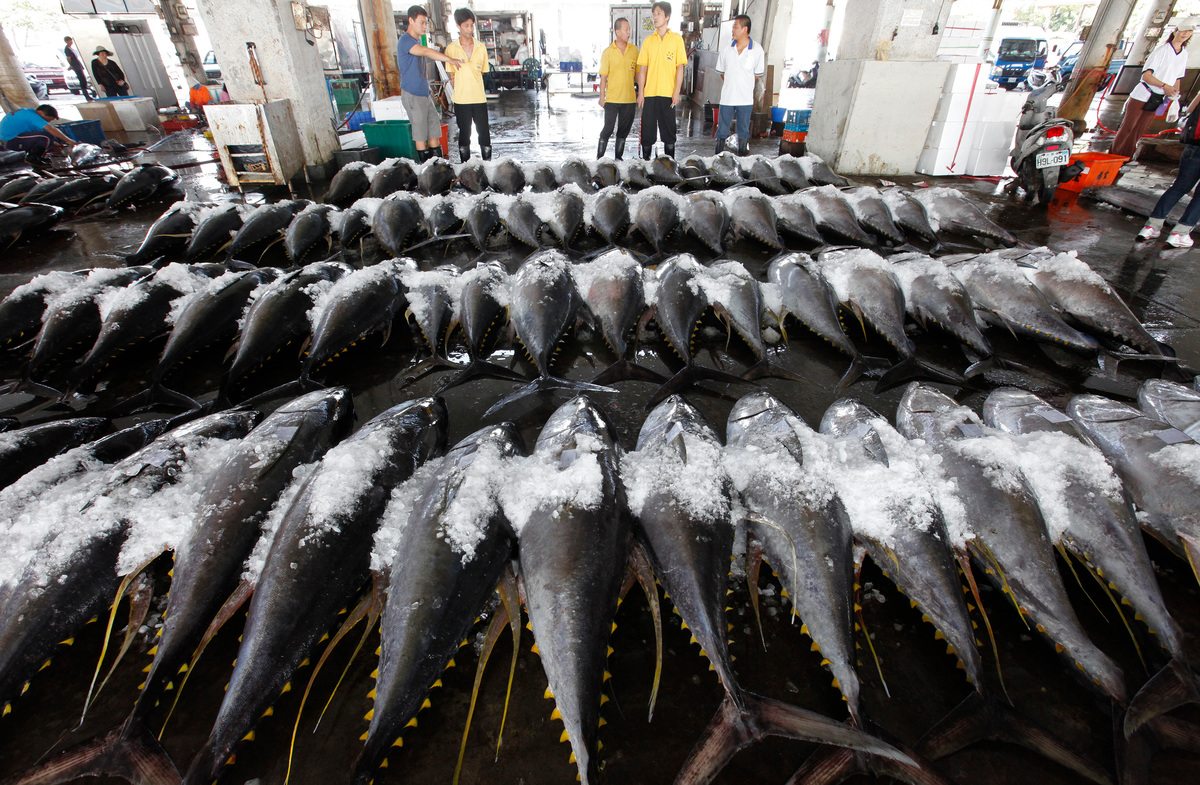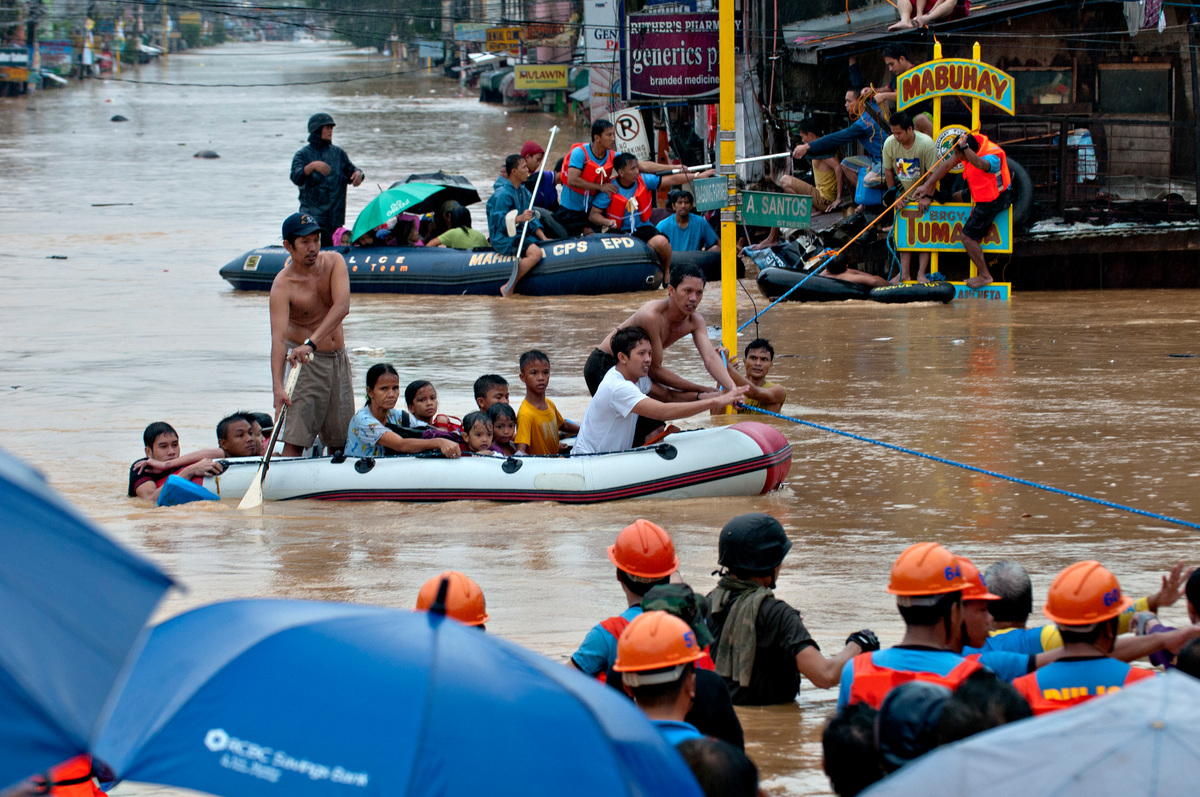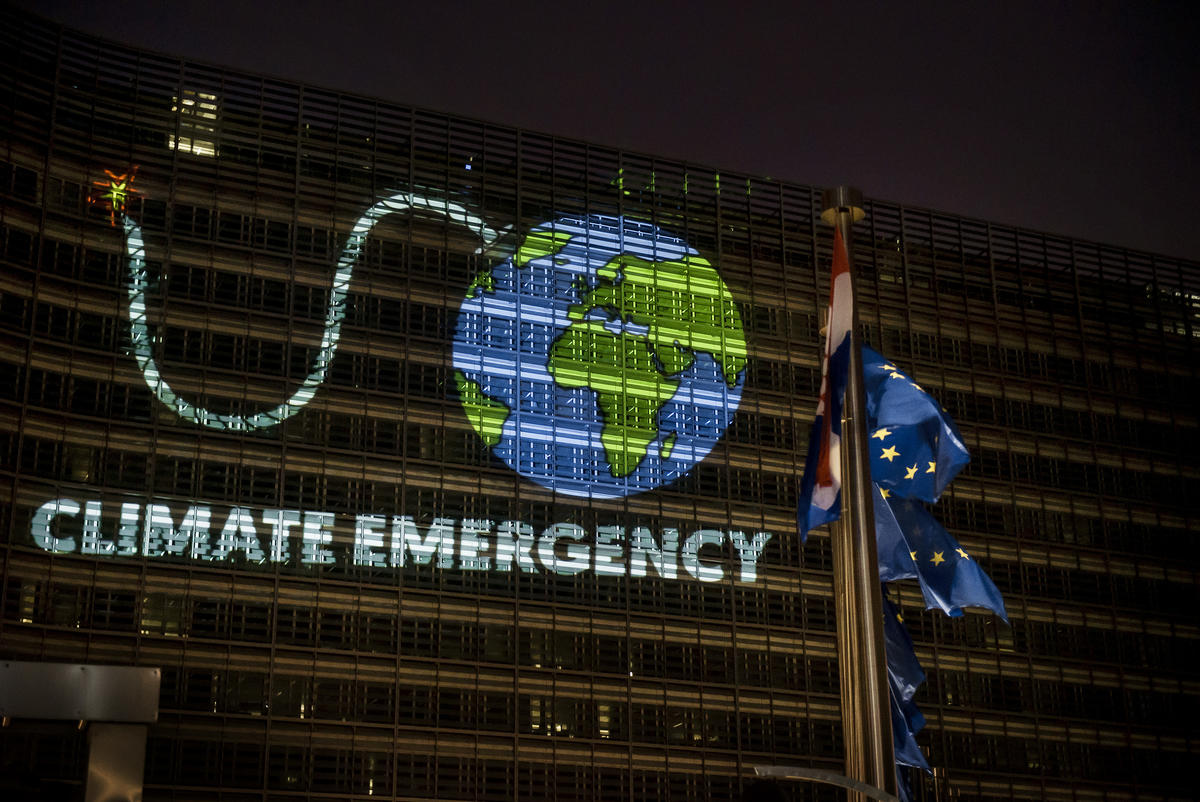-
Greenpeace Philippines on Duterte’s UN speech: Hold big polluters accountable, cancel climate-destructive plans
While vulnerable countries are suffering and communities are bearing the brunt, we have yet to hear governments, such as the Philippines, call for accountability from fossil fuel companies who hold a big share of the responsibility.
-
Seven Indonesia’s State Officials Found Negligent for Jakarta Air Pollution
After two long years and eight sentencing delays, The Central Jakarta District Court ruled in favour of citizens fighting for clean air.
-
Plastic worsens the climate crisis, from the Philippines to the United States
Plastic comes from fossil fuels and the consumer goods companies pushing plastic on our communities from the United States to the Philippines are making the climate crisis worse.
-
Greenpeace 50th anniversary: statement and media resources
Greenpeace’s story is one of hope in action. It’s a story of people power, of ordinary people doing extraordinary things. It’s a 50 year story that demonstrates that together we can force radical change, we can do what at first might seem impossible.
-
Greenpeace Indonesia urges more ambition and cooperation as Norway – Indonesia agreement ends
Although the result of the agreement on REDD+ between Indonesia and Norway has ended and its results are far from fulfilling its target, international collaboration is still needed and important to reducing deforestation and carbon emissions.
-
Greenpeace on Global Witness report: Urgent protection of environmental defenders needed
Greenpeace Philippines echoes the recommendations of the Global Witness report that companies and governments must be held accountable for the violence and persecution of land and environmental defenders.
-
Statement of Solidarity: Condemn Myanmar Military Action to Myanmar Military Activist – Kyaw Min Htut
We, the undersigned, have learned that our colleague, respected forests and rights defender and democracy advocate Kyaw Min Htut has been arrested and detained by the junta in Myanmar. He…
-
Organizations urge U.S. to block imports from Taiwanese seafood giant over forced labor concerns
FCF, which last year acquired major US tuna brand Bumble Bee Seafoods, has previously been accused of poor supply chain management with forced labor, human trafficking, IUU (illegal, unreported, and unregulated) fishing, and illegal shark finning via its vessels, as well as potential links to the deaths of a fishery observer and an Indonesian migrant…
-
Filipino climate activists join call for equitable and inclusive climate summit
Filipino environmental activists joined the call of civil society groups around the world for an inclusive climate summit amid the worsening COVID pandemic.
-
IPCC report signals decisive moment for humanity: Urgent climate action needed
The IPCC has just further strengthened the connection between carbon emissions and worsening climate extremes, which means that if governments don’t dig deeper than their currently weak 2030 emission-cutting targets, humanity could lose.

